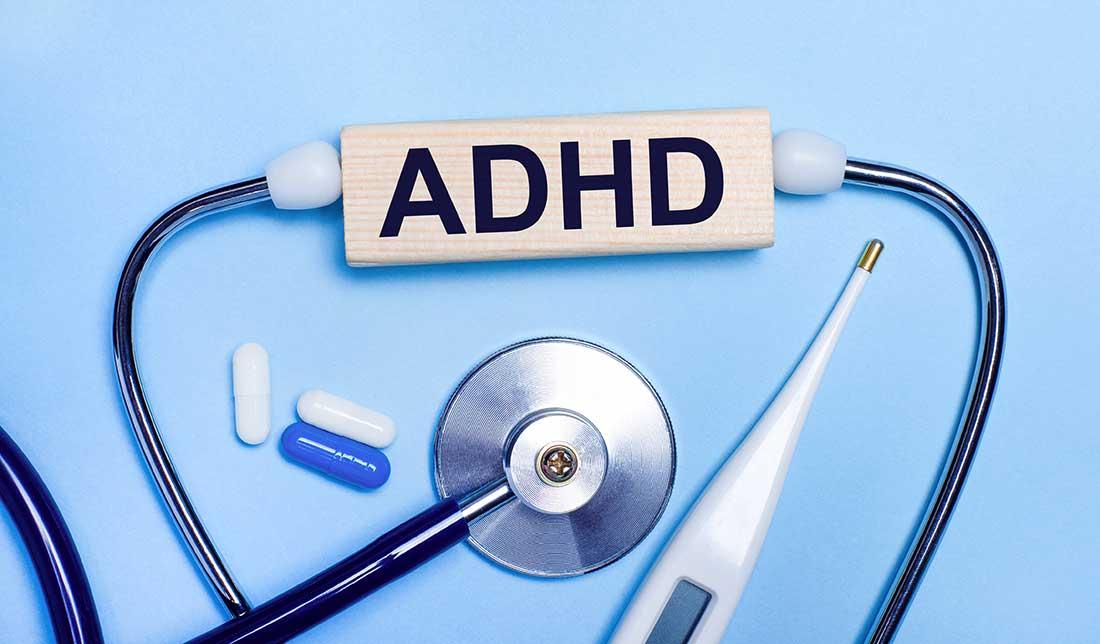Adult ADHD is hard enough when you’re a kid in a classroom, but as an adult, it can be harder – focusing, sitting still, managing money, and other such “grown-up” tasks come with inherent struggles. It’s no surprise then that individuals with ADHD have higher than average rates of depression, anxiety, substance abuse, and suicide. However, attention deficit does not mean that you have to deal with these things, just that if you try to make your brain work the same way that neurotypical brains do, then you’re probably going to have problems. Below are nine tips to help boost your mood and reduce the stress that is tailored towards your unique and quirky brain.
Don’t Worry, Be Healthy with Adult ADHD
It’s easy to forget to eat or sleep when you’re in hyperfocus mode, and perhaps even easier to scarf down vending machine fare at your desk so that you can finish your latest great idea. Unfortunately, short-term excitement can lead to long-term problems. Bad diet choices and sleep problems make ADHD symptoms worse. Here are a few easy tips to manage diet and sleep so that you can focus on what matters to you.
- Eat protein at every meal. Protein helps keep blood sugar level which helps with concentration. In a pinch, nuts, cheese, and other similar items can be gotten on the go.
- Eat frequent but small meals. Blood sugar spikes are your worst enemy as low blood sugar causes symptoms very similar to ADHD, including problems with concentration, memory, and impulse control. In addition, small meals can give you something to do with your hands throughout the day.
- Try to avoid sugar and caffeine. You probably already know that one, but it’s important. Caffeine, like stimulants, helps temporarily, but when it wears off, you crash. And because caffeine works by depleting your glucose stores, it ends up causing blood sugar issues that only make symptoms worse. Sugar works in a similar way. However, don’t try and give up either of these cold turkey – the withdrawal symptoms feel like a worse form of ADHD for a neurotypical person and are impossible to function with for someone with ADHD.
Burn Off Some Of That Extra Energy
One of the best ways to manage inattention and hyperactivity is to get some exercise. Most individuals with ADHD find that exercise is especially helpful if it’s outdoors – something about the fresh air, sunshine, and movement really helps the ADHD brain work better.
- Find something you really enjoy and do it every day. Team sports are popular, as are extreme sports, but if you like medieval swordplay or primitive archery, go for it, as long as you’ll stick with it!
- Do it outside. Working out outside drastically increases the benefit of exercise for individuals with ADHD.
- Try relaxing exercise, like Tai Chi or yoga. Learning to quiet your mind and center yourself can further help symptoms.
Sleep Tight
Sleep deprivation, like low blood sugar, impacts concentration, memory, and impulsiveness. Essentially, if you don’t get enough sleep, you’re doubling up on your symptoms. Of course, when your brain is going non-stop, getting sleep can be a challenge.
- Generally, you should avoid caffeine, especially late in the day. For some individuals, however, caffeine can actually work like a sedative. If you’re not sure how it works for you, keep a journal for a week and note any caffeine and when you consumed it.
- Go to bed at the same time each night, even when you don’t have to get up the next morning. Eventually, your brain will get used to the schedule and override your desire to work on the interesting thing of the moment. It helps if you also create a bedtime ritual, for instance taking a hot shower each night before bed.
- Don’t exercise within an hour of going to bed, as it may keep you up later.
Eating well, sleeping well, and getting enough exercise are three big things that you can do to keep symptoms under control. Once you have healthy routines set, not only will you feel better, but it will be easier to see ways that you can play to your strengths and use your unique brain to its full advantage.









